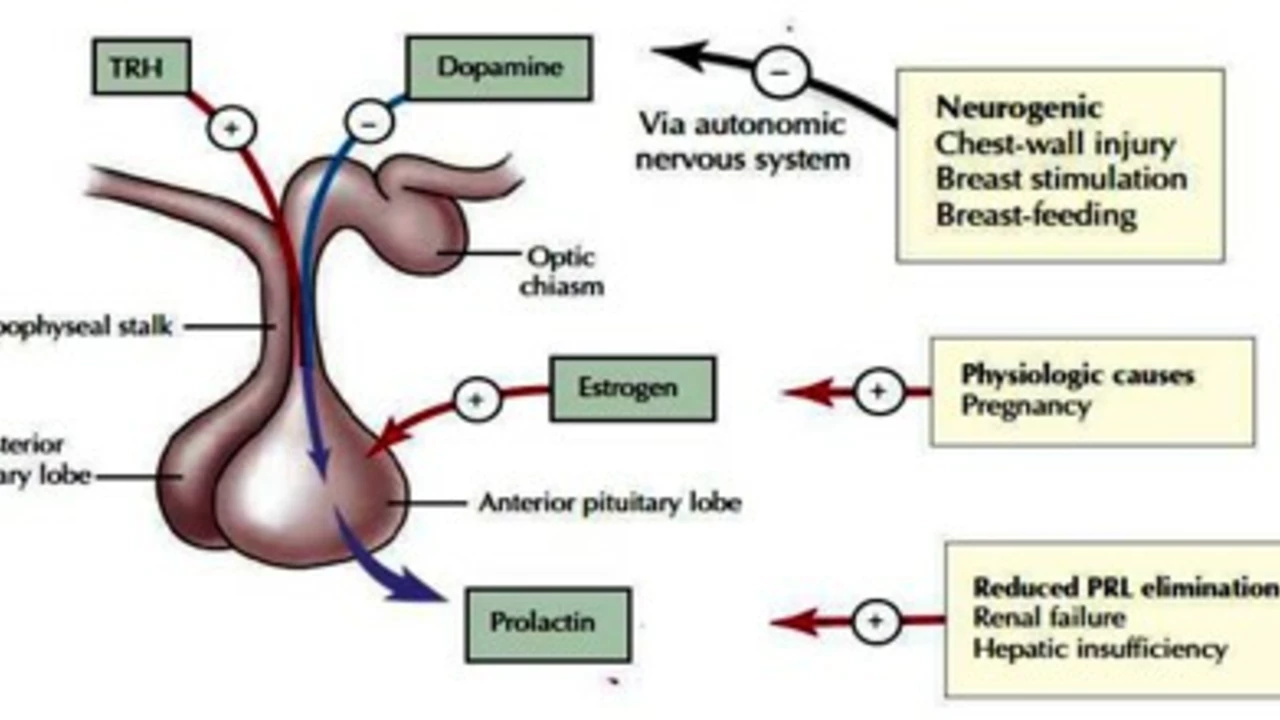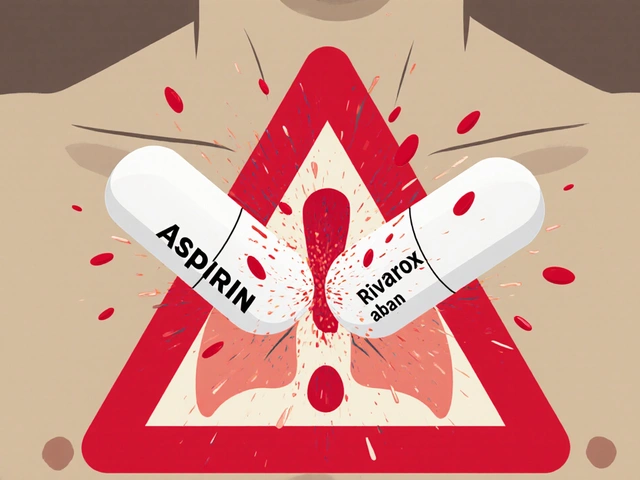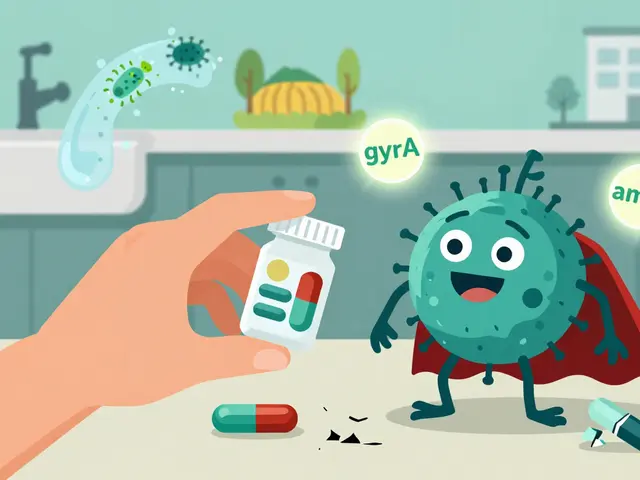Hyperprolactinaemia: Causes, Symptoms, Diagnosis & Treatment
Hyperprolactinaemia means your blood has too much prolactin, a hormone that controls milk production and affects fertility and sex drive. High prolactin can cause missed periods, low libido, erectile problems, unexpected breast milk, and trouble getting pregnant. It can also cause headaches or vision changes if a pituitary growth presses nearby nerves.
Common causes include medications (especially antipsychotics and some antidepressants), pituitary adenomas (prolactinomas), hypothyroidism, chest wall injury, and rarely other tumors or kidney disease. Sometimes levels rise briefly after stress, exercise, or sleep, so doctors repeat tests before deciding anything.
How doctors check it
A simple blood test measures prolactin. Your doctor will ask you to avoid heavy exercise, sexual activity, or nursing for a day before the test because these can raise levels. If prolactin is high, they often repeat the blood test and check thyroid function. For very high values or if symptoms suggest a pituitary tumor, an MRI of the brain is ordered.
When to worry: Very high prolactin (often hundreds of ng/mL) usually points to a prolactinoma. Mild to moderate rises may be drug-related or from other medical issues. Visual problems, persistent headaches, or rapid fertility loss need prompt imaging and specialist review.
Treatment options
Treatment aims at the cause. If a medication is the culprit, switching or lowering that drug often normalizes prolactin. For prolactinomas, dopamine agonists are first-line medicines. Cabergoline and bromocriptine lower prolactin, shrink tumors, and restore fertility for many people. Cabergoline is usually better tolerated and needs fewer doses. Side effects can include nausea, dizziness, and rarely heart valve issues at very high doses, so doctors monitor treatment.
Surgery and radiation are options when medications fail, are not tolerated, or when a tumor causes severe optic nerve pressure. Surgery is done by a pituitary specialist and works well for some tumors. Radiation is rarely used nowadays but can help stubborn cases.
Practical tips for patients: Keep a symptom diary: track periods, libido, headaches, and any milk discharge. Bring a list of current medicines and supplements to appointments—over-the-counter drugs can matter. Don’t stop prescribed medications without talking to your doctor. If you want to get pregnant, many people with prolactinomas can conceive after medical treatment; your specialist will adjust therapy safely.
Follow-up and monitoring: Once treated, prolactin levels and MRI scans are checked periodically. If therapy is stopped, some tumors can come back, so ongoing follow-up matters.
If you become pregnant while on treatment, tell your endocrinologist right away. Some dopamine agonists are stopped before conception, others can be continued under close supervision; decisions depend on tumor size and fertility goals. Breastfeeding after treatment is usually safe but needs follow-up because prolactin can rise again. Also mention other meds: oestrogen-containing contraceptives can affect imaging planning but don't usually change prolactin; always discuss all prescriptions and herbal supplements with your doctor to avoid surprises.
Keep copies of your test results for every visit.

The Role of Prolactin in Hyperprolactinaemia: A Comprehensive Overview
In my latest blog post, I've delved into the role of the hormone prolactin in a condition known as hyperprolactinaemia. This disorder is characterized by an excess of prolactin in the blood, which can lead to various symptoms like irregular periods and infertility in women, and decreased libido in men. The main cause of hyperprolactinaemia is often linked to problems in the pituitary gland where prolactin is produced. I've also discussed the various treatment options available for this condition. It's a comprehensive overview that can greatly help anyone dealing with this health issue.
View More




